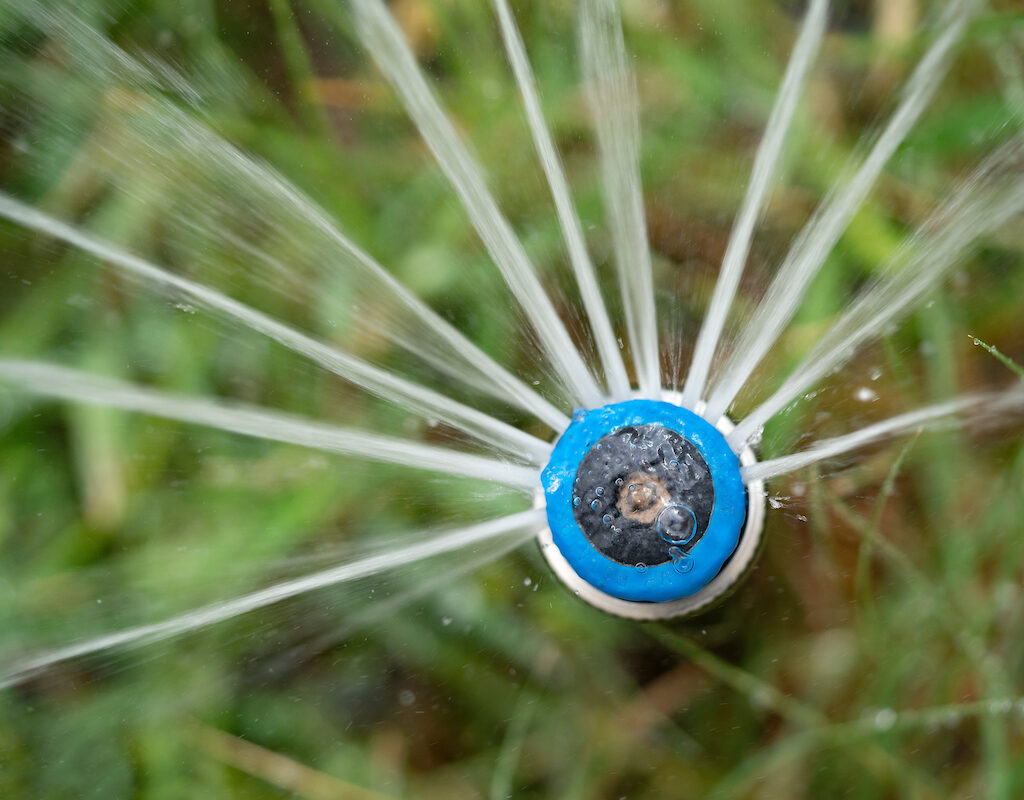Irrigation Technology Program
- Type
- Program

Overview
Contact
Guy Fipps
Professor and Extension Agricultural Engineer
207B Scoates Hall
College Station, TX 77840
8-5, Monday-Friday
The Irrigation Technology project connects both researchers and consumers to specialized programs and resources that promote efficient irrigation practices and water conservation. These resources include projects, education and licensing courses, irrigation literature and news releases, testing services, and efficient irrigation practices for homeowners.
More choices in Environment & Natural Resources
- Course
This course aims to help beef cattle producers protect Texas waterways from contamination that is linked with the production of livestock. These contaminations may also pose a health risk to Texas citizens.
- Publication
In this publication you will learn how to maintain all the components of a septic system.
- Course
This course will inform participants about riparian and watershed processes, the benefits that healthy riparian areas provide, and the tools that prevent and/or resolve degradation and improve water quality.
- Course
An aerobic septic system, or aerobic treatment unit (ATU), uses oxygen to breakdown both dissolved and solid constituents into gases, cell mass, and non-degradable material contained in wastewater. This online course will teach you how to properly maintain and operate your ATU. You will have 30 days from the day you register to complete this program. If you do not complete the program within this limit, your registration will expire, and you will need to pay the registration fees again to start over.
- Course
This course, designed for both landowners and lessees, addresses the legal and economic issues surrounding grazing, hunting and livestock leases. Topics addressed include average cash lease rates, common payment structures, legal issues, and key terms to be included in lease agreements.
- Course
The Texas Watershed Steward (TWS) online program is a statewide educational program designed to improve the quality of Texas’ water resources by educating and informing local stakeholders about their watershed, potential impairments, and steps that can be taken to help improve and protect water quality in their watershed.
